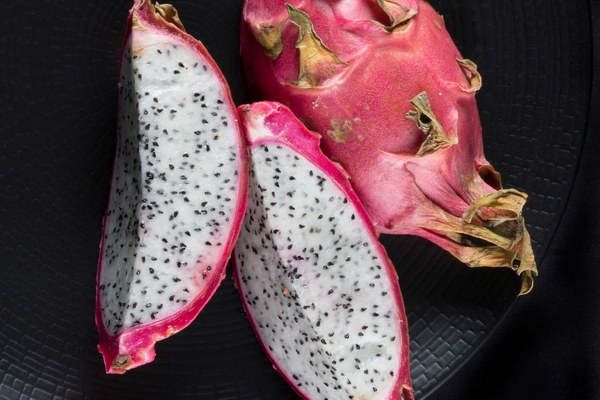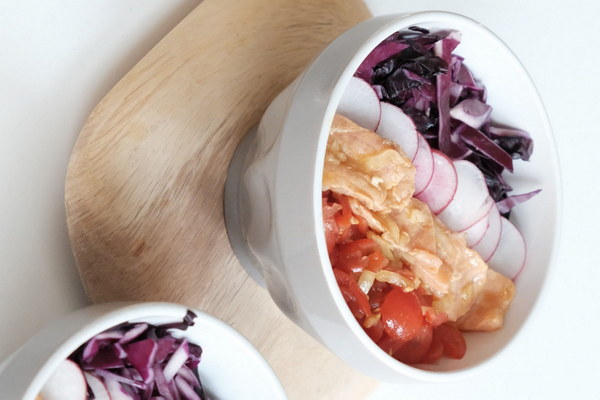The Taoist Approach to Eating for Health and Well-being
In the realm of Taoist philosophy, the concept of living in harmony with nature is paramount. This holistic approach to life encompasses not only physical well-being but also mental, emotional, and spiritual balance. One of the key aspects of Taoist living is the way in which one nourishes their body through diet. This article delves into the Taoist approach to eating, offering insights and practical tips on how to cultivate a healthier lifestyle through mindful and balanced nutrition.
The Taoist philosophy teaches that the human body is a microcosm of the universe, and that our diet should reflect the balance and harmony of nature. According to Taoism, there are several principles that guide the way we eat:
1. Seasonal Eating: Taoists believe that consuming food that is in season aligns our bodies with the natural rhythms of the earth. This ensures that we receive the most nutrients and energy from our food, as it is at its peak quality during that time of year. For example, during the hot summer months, it is recommended to eat lighter, cooling foods like fruits and vegetables, while in the cold winter months, warming, nourishing foods such as root vegetables and meats should be prioritized.
2. Balance: The Taoist concept of yin and yang plays a significant role in the way we approach our diet. Yin foods, such as grains, fruits, and vegetables, are believed to cool and relax the body, while yang foods, such as meats, nuts, and seeds, are considered to be warming and invigorating. A balanced diet should include both types of foods to maintain harmony within the body.
3. Quality over Quantity: Taoists emphasize the importance of consuming high-quality, whole foods rather than processed or refined products. This means focusing on fresh, organic produce, nuts, seeds, whole grains, and lean proteins. By choosing these nutrient-dense foods, we can support our bodies' natural functions and promote overall health and longevity.
4. Mindful Eating: Eating with mindfulness is a crucial aspect of Taoist living. This involves being fully present during meals, savoring each bite, and appreciating the flavors and textures of the food. Mindful eating helps to reduce stress, improve digestion, and increase our appreciation for the act of nourishment.
5. Moderation: Taoism teaches the importance of moderation in all things, including food consumption. Overindulging can lead to imbalance and disease, so it is essential to listen to our bodies' needs and avoid excessive eating. This includes being mindful of portion sizes and avoiding emotional eating, which can be detrimental to both physical and mental health.

Here are some practical tips for incorporating Taoist principles into your diet:
- Start your day with a warm, nourishing breakfast, such as porridge or a smoothie made with fresh fruits and vegetables.
- Include a variety of seasonal vegetables and fruits in your meals, and experiment with different herbs and spices to enhance flavor.
- Opt for whole grains like brown rice, quinoa, and oats, and incorporate nuts and seeds for added protein and healthy fats.
- Choose lean proteins such as fish, poultry, and tofu, and limit the consumption of red meat.
- Drink plenty of water throughout the day, and avoid sugary drinks and alcohol.
- Practice mindful eating by setting aside time for meals, sitting down to eat, and focusing on the sensory experience of food.
By embracing the Taoist approach to eating, we can cultivate a healthier, more balanced lifestyle that supports our physical, mental, and spiritual well-being. Remember that the key is to listen to our bodies and honor their needs, while also being mindful of the natural world that sustains us.









